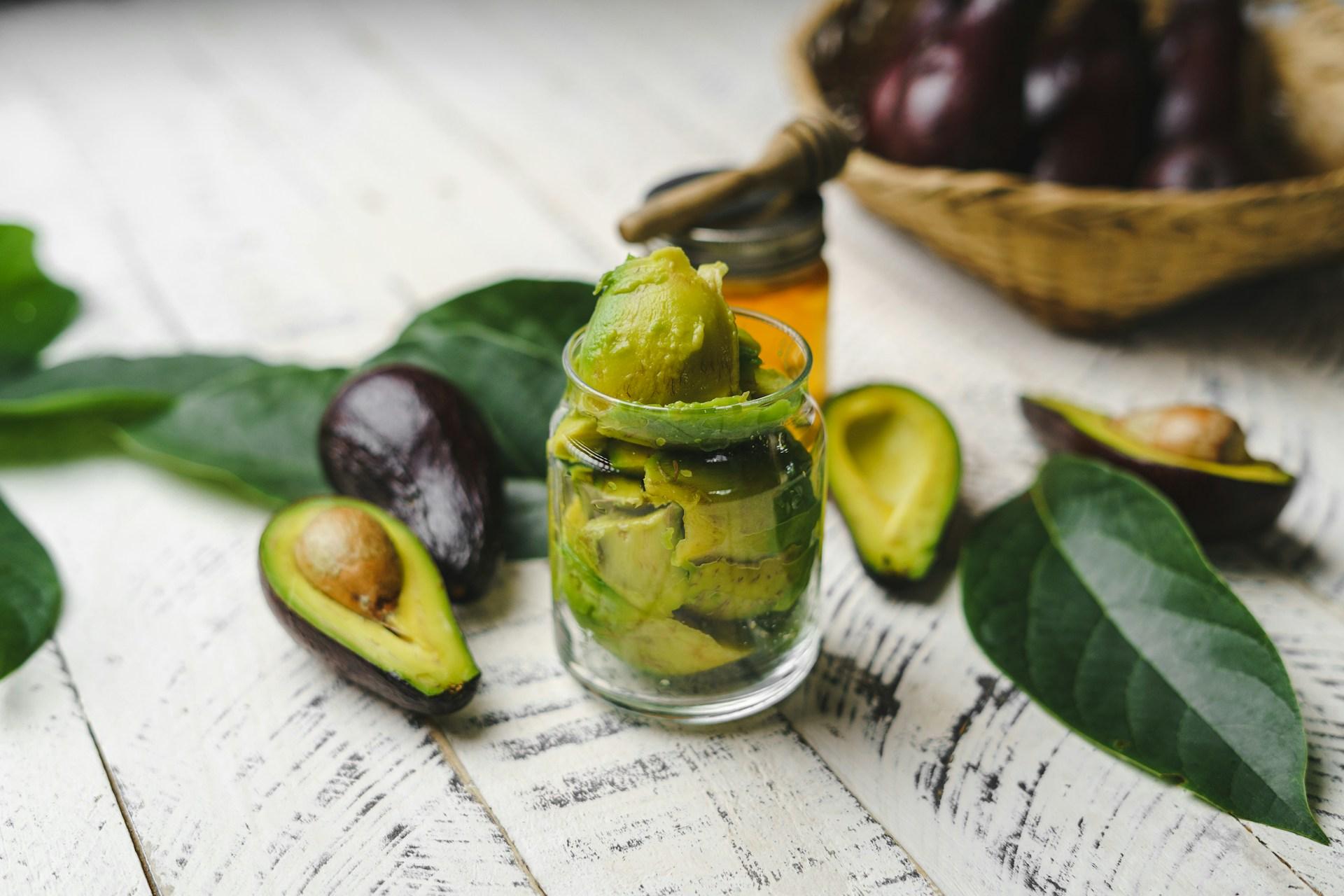This article explores the health benefits of avocados and potential drawbacks of excluding them from your diet. Avocados are a rich source of vitamins, minerals, and healthy fats, contributing to heart health, weight management, eye health, nutrient absorption, digestion, and potentially even fetal health and brain function. While not essential for survival, omitting avocados from your diet might mean missing out on these advantages and encountering difficulties with satiety, eye health, nutrient absorption, and digestion. A balanced diet with a variety of fruits and vegetables can offer most of these nutrients, but avocados can be a valuable addition for their unique profile and potential health benefits.
Top 10 Health Benefits of Avocado
-
Rich in essential nutrients: Avocados are a powerhouse of vitamins, minerals, and healthy fats. They are a good source of vitamins C, E, K, and B6, as well as potassium, fiber, and magnesium.
-
Promotes heart health: The healthy fats in avocados can help lower bad cholesterol (LDL) and raise good cholesterol (HDL), reducing the risk of heart disease.
-
May aid weight management: Avocados are high in fiber and healthy fats, which can help you feel full and satisfied for longer, potentially aiding in weight management efforts.
-
Supports eye health: Avocados contain lutein and zeaxanthin, antioxidants that protect your eyes from age-related macular degeneration and cataracts.
-
Boosts nutrient absorption: Eating healthy fats like those in avocados can help your body absorb fat-soluble vitamins A, D, E, and K more efficiently.
-
May improve digestion: Avocados are a good source of fiber, which is essential for promoting healthy digestion and regularity.
-
Potential cancer-fighting properties: Some studies suggest that the nutrients in avocados may have properties that help fight cancer cell growth.
-
May support fetal health: Avocados contain folate, a vital nutrient for pregnant women that helps prevent birth defects.
-
Promotes healthy skin: The healthy fats and antioxidants in avocados may help keep your skin hydrated and supple.
-
Potential benefits for brain health: Avocados contain nutrients that may contribute to cognitive function and protect against cognitive decline.
Benefits of Health Benefits of Avocado
There are numerous health benefits associated with incorporating avocados into your diet. Here's a breakdown of some key advantages:
Nutritional Powerhouse
-
Rich in Vitamins and Minerals: Avocados boast a variety of essential vitamins and minerals, including vitamins C, E, K, B6, potassium, fiber, and magnesium.
-
Healthy Fats: Avocados are loaded with monounsaturated fats, which can help lower bad cholesterol and promote heart health.
Supports Overall Health
-
Weight Management: The fiber and healthy fats in avocados can keep you feeling fuller for longer, potentially aiding in weight management.
-
Eye Health: Lutein and zeaxanthin, antioxidants present in avocados, help protect your eyes from age-related macular degeneration and cataracts.
-
Nutrient Absorption: Healthy fats like those in avocados can improve your body's absorption of fat-soluble vitamins A, D, E, and K.
-
Digestive Health: Avocados are a good source of fiber, promoting healthy digestion and regularity.
Potential Disease Prevention
-
Cancer: Some studies suggest that avocado nutrients may possess properties that fight cancer cell growth.
-
Fetal Health: Avocados contain folate, a crucial nutrient for pregnant women that helps prevent birth defects.
Enhanced Appearance and Wellbeing
-
Healthy Skin: The healthy fats and antioxidants in avocados may contribute to keeping your skin hydrated and supple.
-
Brain Health: Avocados contain nutrients that may benefit cognitive function and protect against cognitive decline.
Disadvantages of Not Having Avocado
While avocados aren't essential for survival, their absence in your diet can lead you to miss out on some key health benefits. Here's a breakdown of potential drawbacks:
Missed Nutritional Value
-
Lack of Essential Nutrients: You might miss out on the intake of vitamins C, E, K, B6, potassium, fiber, and magnesium, all of which are abundant in avocados.
-
Lower Healthy Fat Intake: Avocados are a great source of monounsaturated fats, beneficial for heart health. Without them, you might need to find alternative sources.
Potential Health Impacts
-
Reduced Satiety: The fiber and healthy fats in avocados can promote feelings of fullness. Omitting them from your diet might lead to increased hunger and potentially hinder weight management efforts.
-
Weaker Eye Health: Lutein and zeaxanthin, antioxidants crucial for eye health, are present in avocados. Without them, your eyes might be less protected against age-related macular degeneration and cataracts.
-
Limited Nutrient Absorption: Healthy fats like those in avocados aid in the absorption of fat-soluble vitamins A, D, E, and K. Their absence could potentially reduce the absorption of these essential vitamins.
-
Digestive Issues: Fiber in avocados promotes healthy digestion. A lack of avocados in your diet could lead to constipation or irregular bowel movements.
Important Note: It's important to remember that a balanced diet with a variety of fruits and vegetables can provide most of the nutrients found in avocados. However, avocados can be a valuable addition to your diet due to their unique nutrient profile and potential health benefits.



